Vision, Impact and What Comes Next
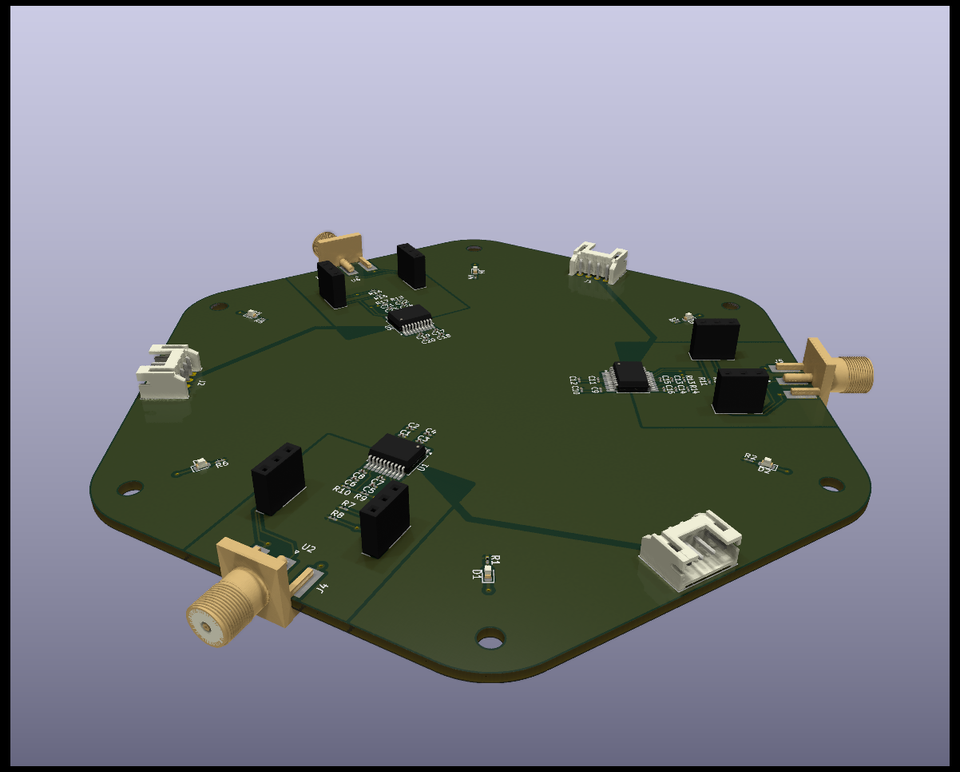
I write to you from Amtrak Train 687 from Boston North Station to Brunswick Station. Those who know me outside of the Captain's Log, Seaport Systems, or work will know that I love trains. I love trains so much, I rode the Amtrak around the country a couple of years ago on Andy's All American Amtrak Adventure Tour. Now, I ride the train when I need to commute from my new shop in Brunswick, to the Technology Center down in Boston.
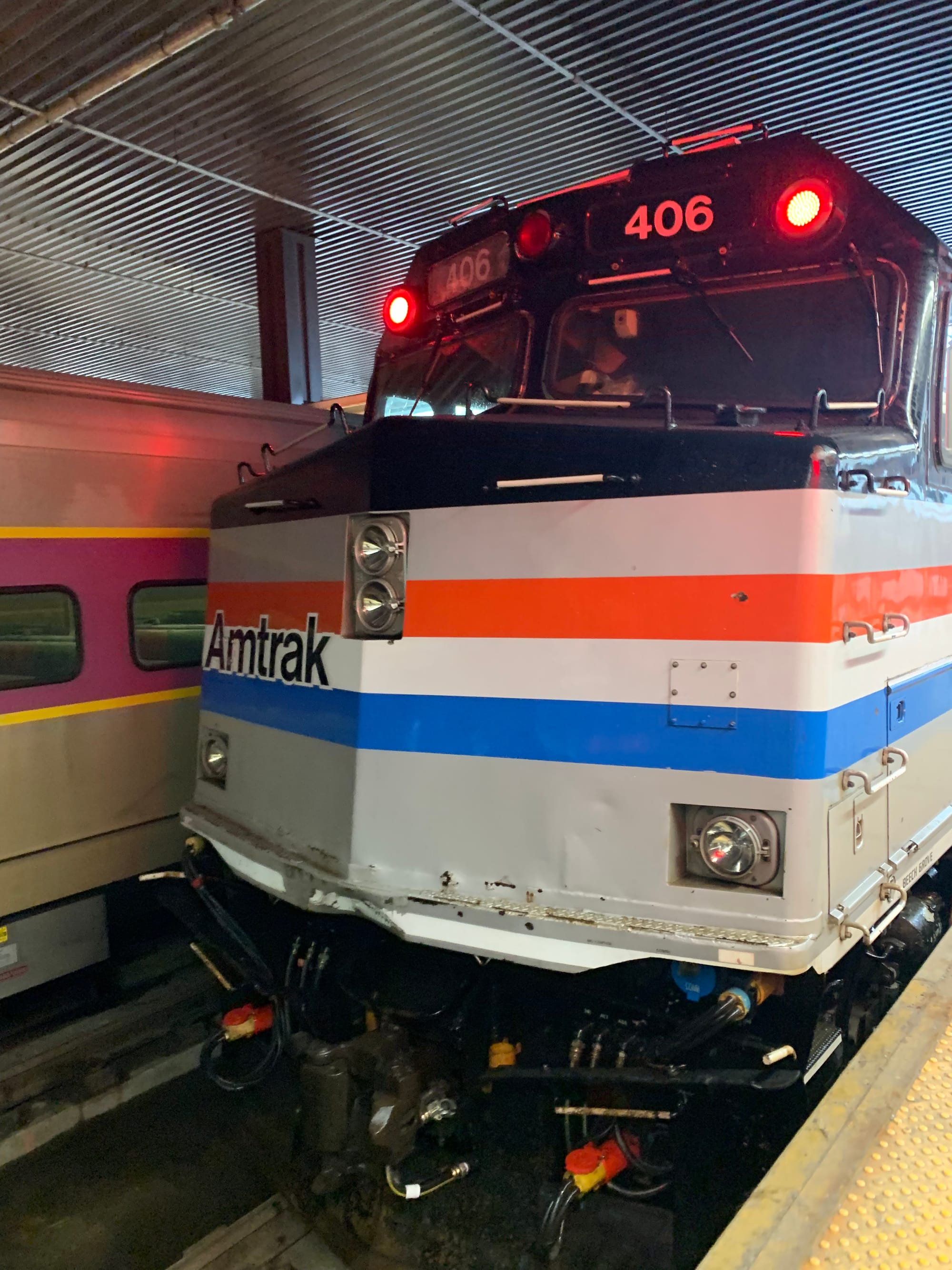
How Did I Get Here
From the beginning of my entrepreneurial adventure, the advice I got has been choose a niche and solve their problems. For years I've been building Seaport Systems to specifically sell turnkey, low-cost, real-time monitoring buoys for aquaculturists. These buoys help aquaculturists forecast crop growth (proxy for cash-flow/sales); predict harmful algal blooms (save oysters from dying, harvest before mandated shutdowns); and ultimately operate leaner so they can scale with less resources.
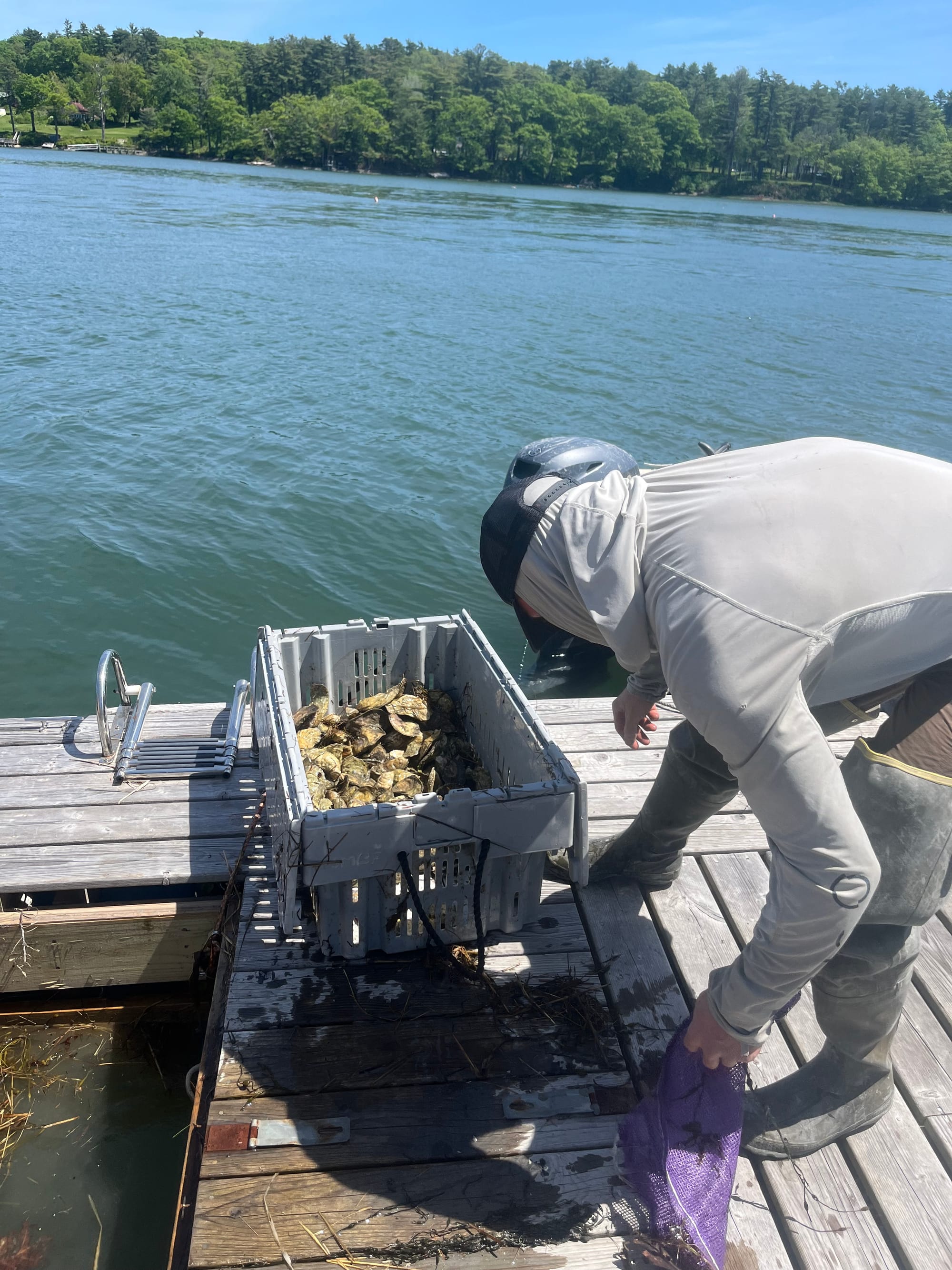
Early on, in the painstaking customer discovery/interviews stages I latched on to aquaculture, and oyster farming specifically. Mainly because it was incredibly local, I knew a bunch of people who did it, and those people were really friendly and interested in the idea of instrumenting their oyster farms. At the time, I thought that if I had any chance of survival I'd have to stay focused on a single niche and send it. I've done that, but I think it was a mistake...
My personal guiding principle has always been to leave the world in better shape than when I arrived. Seaport System's guiding principle then, a little more specifically, is to democratize access to oceanographic data so that as many people as possible can have an impact on the health of our oceans, rivers and lakes.
Focusing on aquaculture has been an amazing journey thus far, but lately I've been coming to terms with two crucial facts:
- There are more people than just oysters farmers who need ocean data;
- I will run out of time, money and sanity before I can deliver a turn-key product for aquaculturists (probably already have if I'm being honest).
Therefore, I'm pleased to announce that Seaport Systems is pivoting (Kind of? Again?)
Seaport Systems will focus on designing, manufacturing and selling modular monitoring buoy systems.
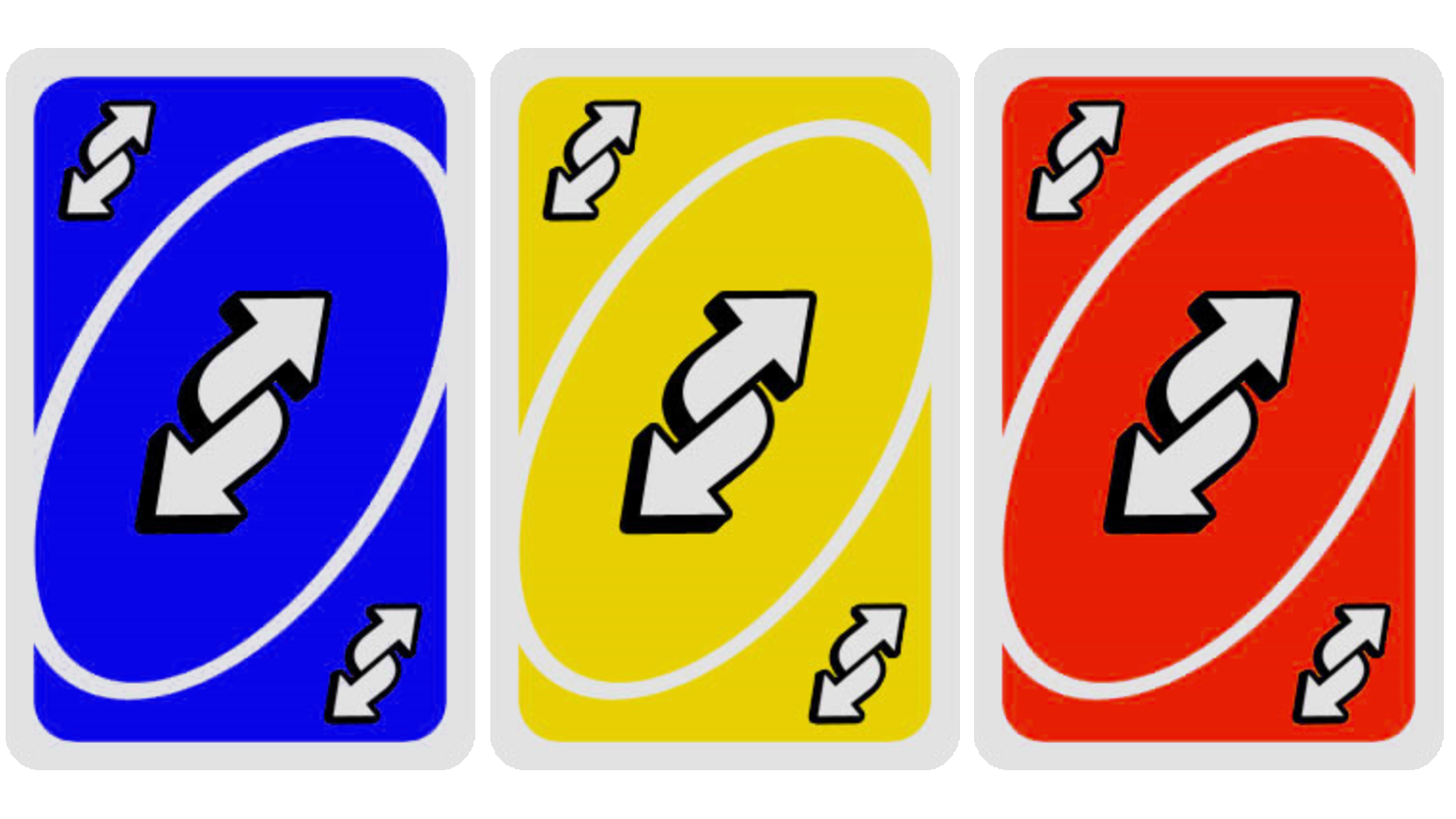
What on Earth does "Modular Monitoring Buoy Systems" mean?
Instead of building a single type of monitoring buoy, catered specifically towards aquaculture, Seaport Systems will design systems of components that people can assemble to make monitoring buoys of all kinds! Different modules and components are all compatible with each other, and build on each other to bring exactly the capabilities a fella needs.
Customers will be able to choose their own adventure to fit their application:
- Form-factor/hull shape (drifting/moored/submerged)
- Sensor payload (salinity/dissolved oxygen/BYO)
- Electronics/Compute (low power/compute at the edge)
- Communications (cellular, satellite, LoRa)
- Power/battery (solar, battery size)
Modular Systems Maximize Impact
A modular platform allows me to serve a much larger market and maximize the impact I can have for the better. There are sooooo many applications for ocean data.
I've seen countless conference presentations, webinars and publications by aquaculturists, ocean engineers and marine biology graduate students alike, all trying to do the same thing: For their work/research they need to study some specific effect, but there are no platforms/buoys/sensors available to do it at a reasonable cost. So... They set out to design their own low-cost sensing platform. They all spend 150% of their budget and nearly all of their time building the platform/housing/peripheral stuff needed to collect the data to study their niche interest. The end of every presentation is the same, a PVC tube, with an Arduino microcontroller; and they never managed to study what they actually set out to!
Similar story of a well established aquaculture researcher. He onboards a new grad student, whose research/thesis/job is to design a low-cost environmental monitoring buoy. Said grad student spends a year or two developing the platform with what little spare time they have left. At the end of their education, they do a little write-up then the project either dies, or starts all over again, with the next grad student they bring on - progress is lost. After several cycles of this, the researcher gives up, they can't justify sinking any more time or resources into it.
There's a ton of replicated effort in designing housings, pressure vessels, seals and electronics stacks. These people don't want to spend their time doing that, researchers want to spend their time doing novel research; citizen scientists want to understand the environment around them, use data to drive policy/impact; aquaculturists want to spend time cultivating. By building a modular platform of all these commonly replicated designs, Seaport Systems can finally allow people to focus on what they're uniquely good at and impact the change they're meant to.
Tl;dr: modular systems can eliminate frequently replicated design efforts by end users in all verticals, looking for low-cost ways to study the water.
Modular Systems Save My Sanity
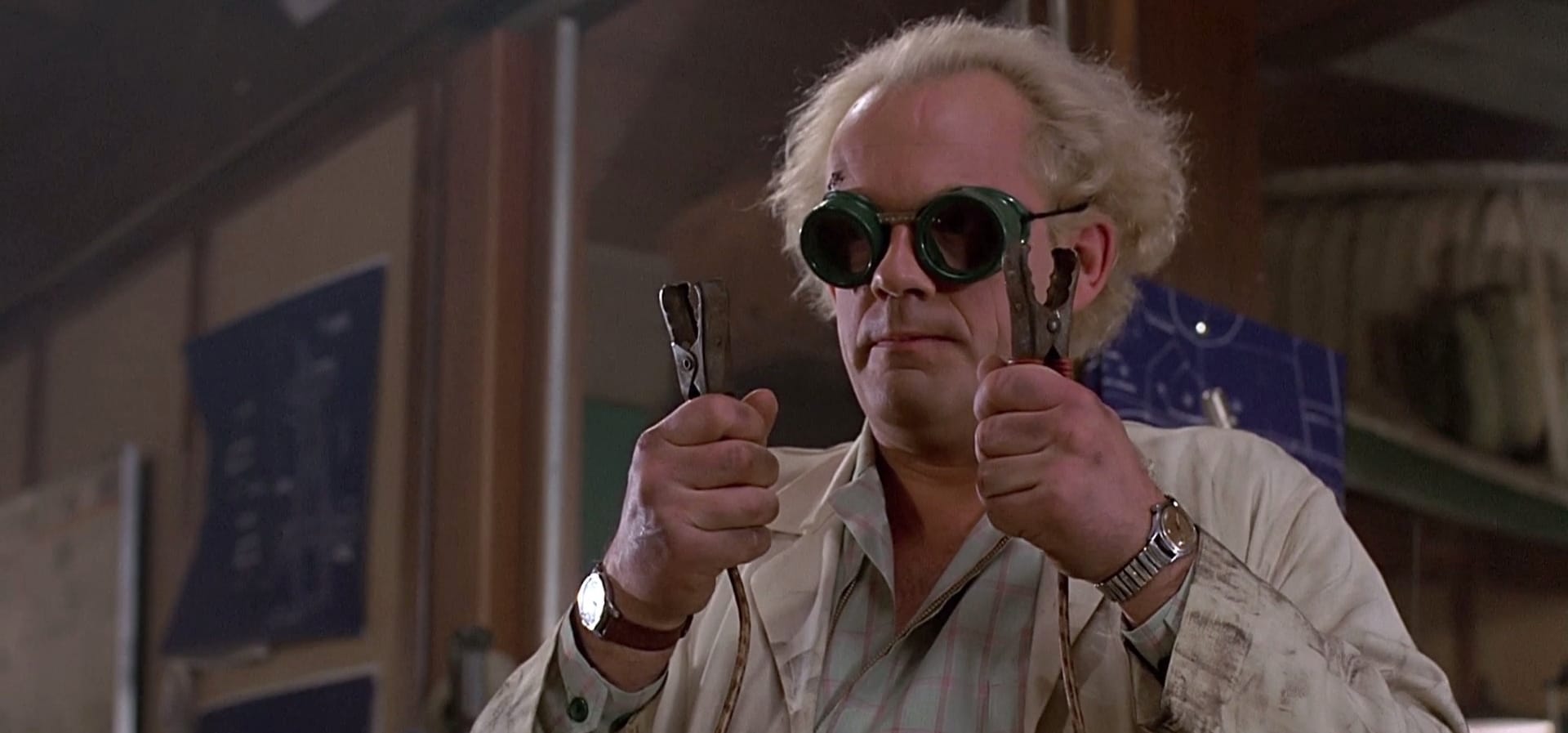

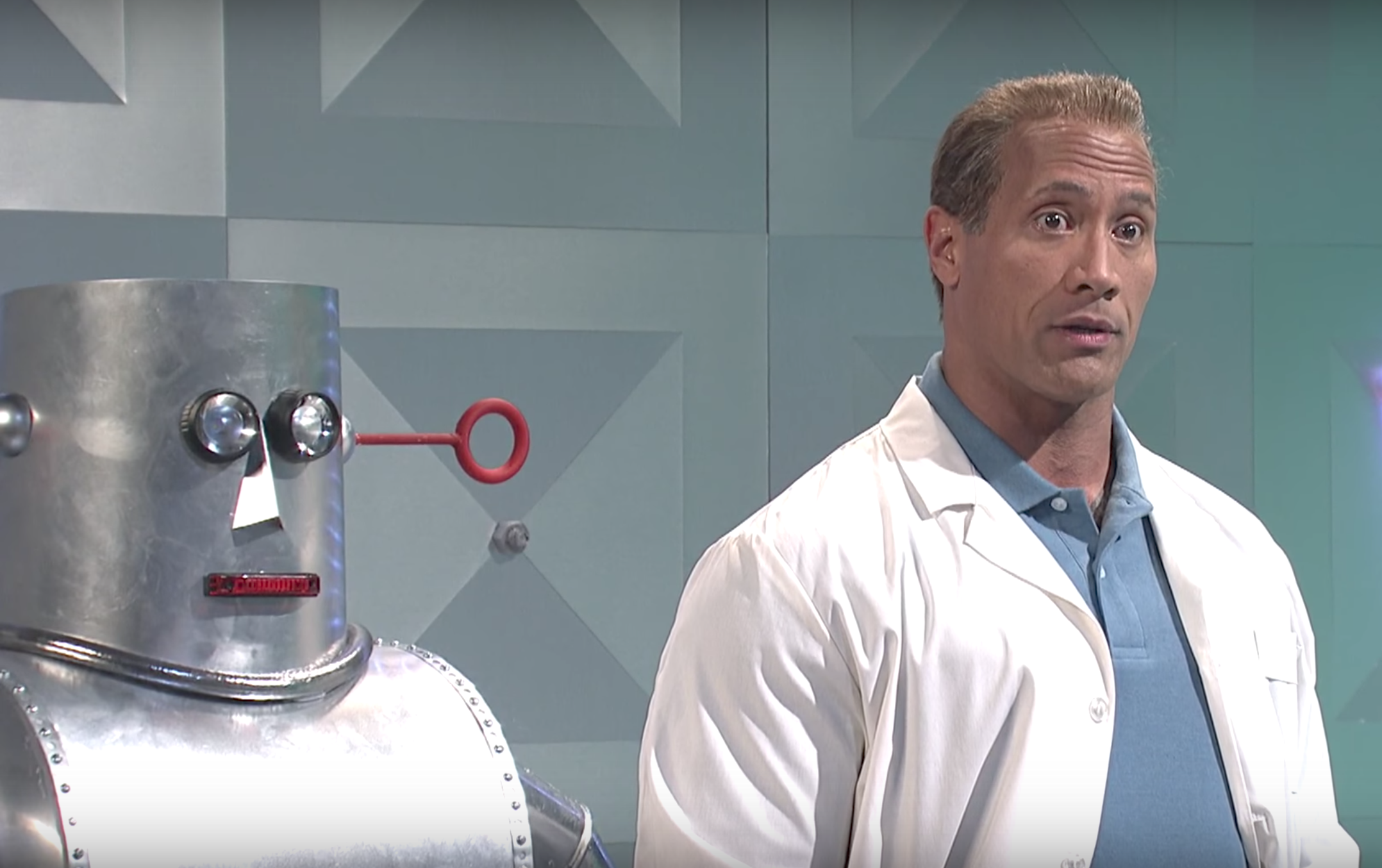
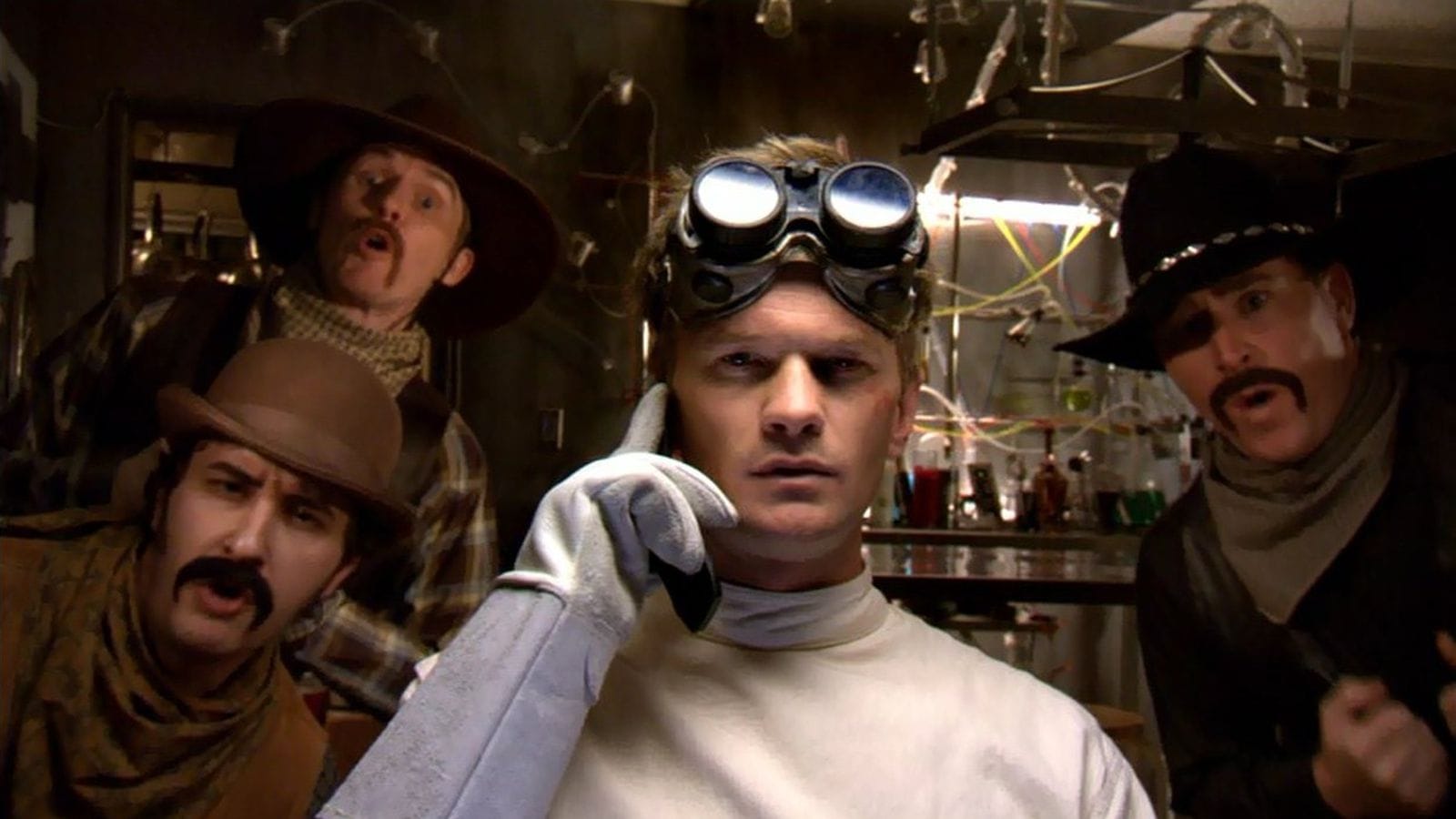
Feel like I'm entering my crazy mad scientist era
While I'm still dedicated to serving aquaculturists, because I think their impact is incredible and their businesses are important, I cannot continue down this road. Focusing on such a niche vertical, requiring so many features and polish in order to be viable has drained me of everything I have. Funded/venture backed companies can afford to do this because someone has already footed the bill. I am not one of these funded or venture backed company. Trying to run their playbook is causing me to loose my mind.
Selling modular systems of components, allows me to grow my business organically by generating revenue and manufacturing capacity. At this point, I've done a ton of groundwork developing buoy housings, electronics and sensor payloads. I can go to market with a modular system of parts, in demand from a much larger market, much faster than I can with a hyper specific product only one industry needs.
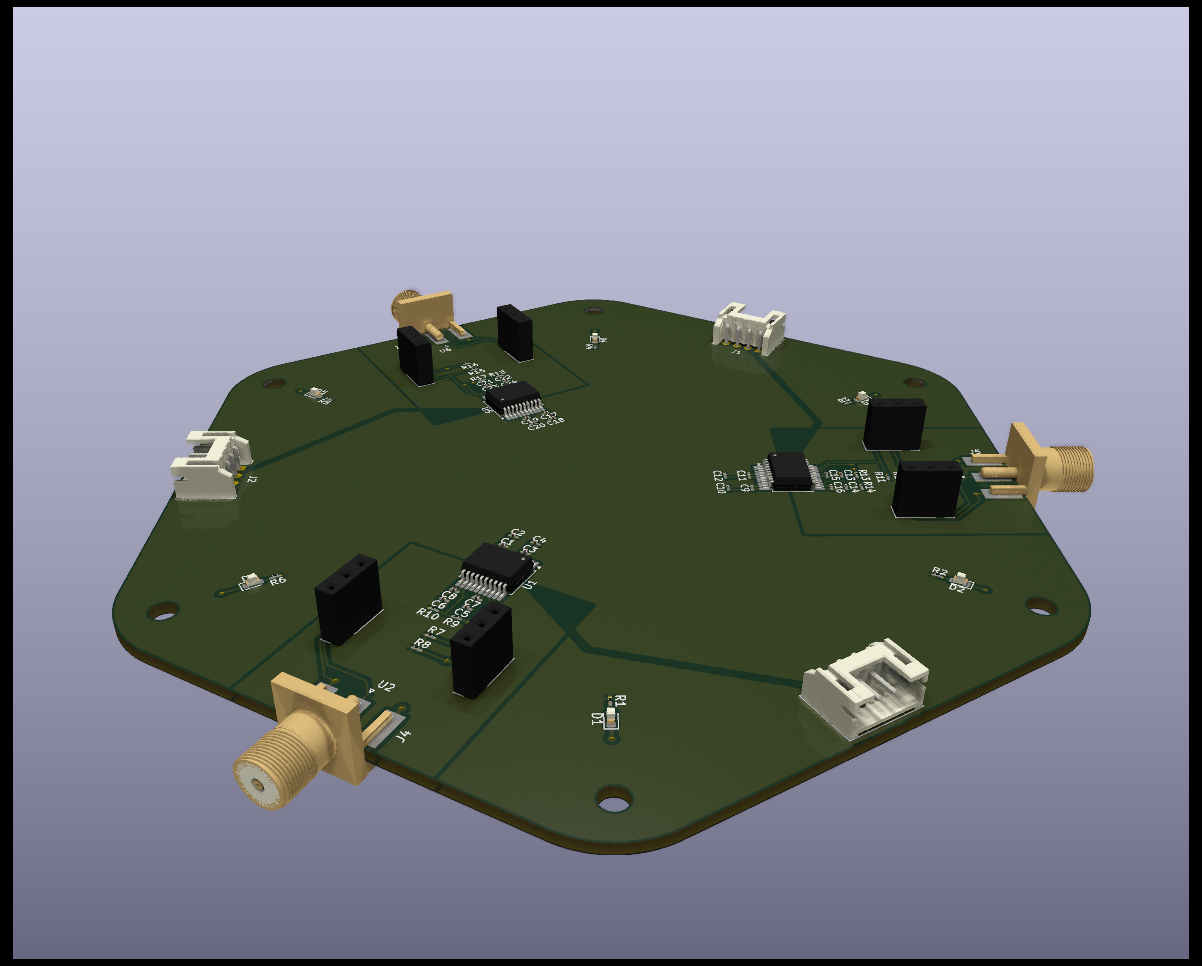
Generating revenue early from a system of components lets me stay in the game, refine the existing products, and develop new products to enable more people to have a greater impact on water quality and ocean health.
Note that this isn't mutually exclusive with making aquaculture monitoring systems, which I am still incredibly committed to. All it means is that those systems will be comprised of parts available from a wider catalog of modular components.
Why Now?
In the last couple of months, I've had a lot of cool conversations with a bunch of different people wanting to use the buoys I already have, to support payloads or applications they're interested in. It's really fascinating work, and I want to be able to support them. These conversations led me to reflect on my early customer discovery, and how many other people, industries and applications there are for basic water quality monitoring infrastructure.
Will it work?
Only time will tell. But executed appropriately, this systemization strategy has worked incredibly effectively for a lot of other people:

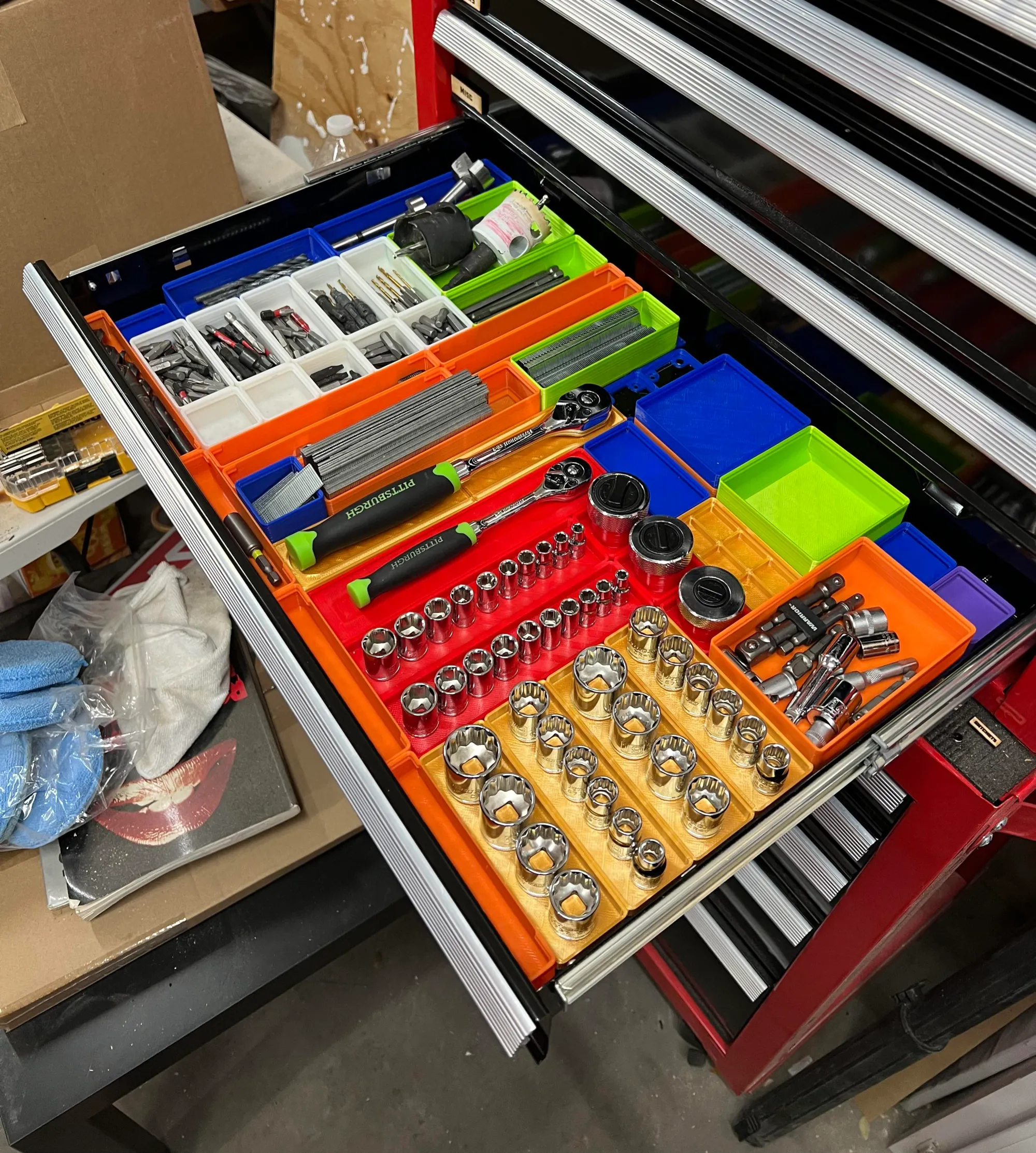
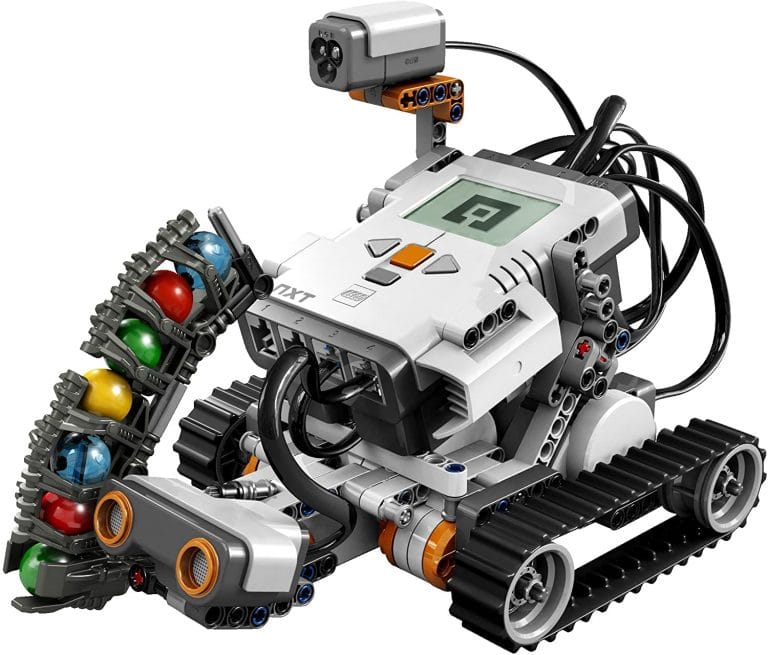
People like systems, and extensibility. When the options are endless, people get inspired!
Meanwhile, the companies I looked at as competitors, the people I've been worried about the most, have only pigeonholed themselves further!
Let's Bring It Home
Going deeper and deeper down the rabbit hole of aquaculture specific buoys has forced me to sacrifice everything, and gotten me further and further from a sustainable business. I'm exhausted, lost, and confused. All I want to do is build cool shit, and leave the planet a better place than I found it. I'm not doing that right now, and by pivoting to selling modular monitoring buoy systems, I think I will be able to generate revenue faster, be able to serve a drastically larger market, and be able to keep doing this for years to come!
Train Track of the Day
A proper train track of the day, go figure!
Sea of Voices - Porter Robinson (Apple Music | Spotify)
